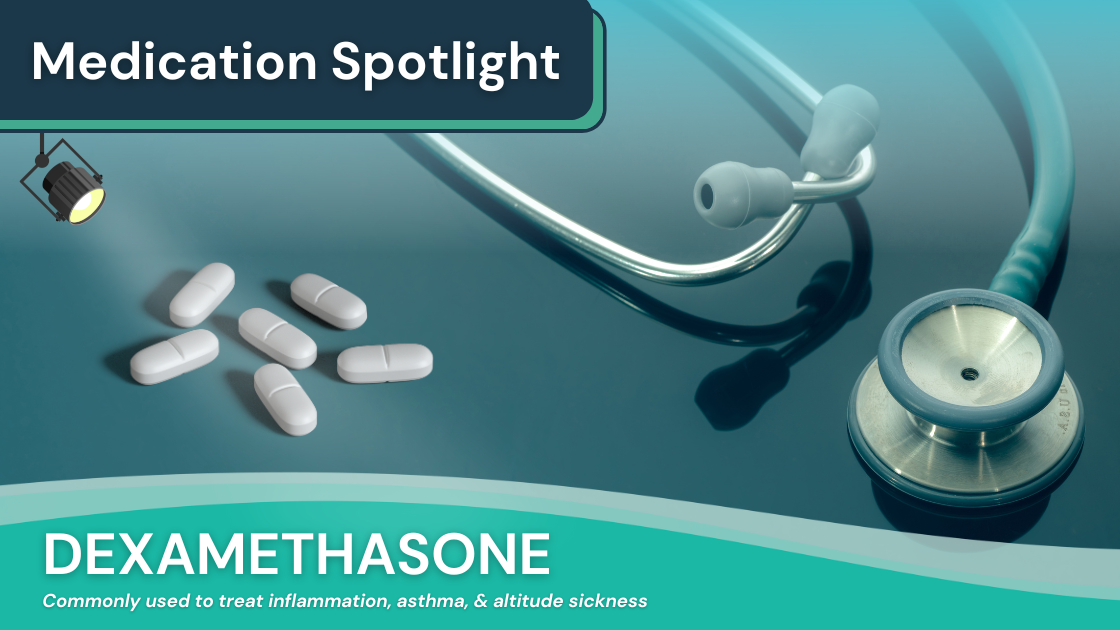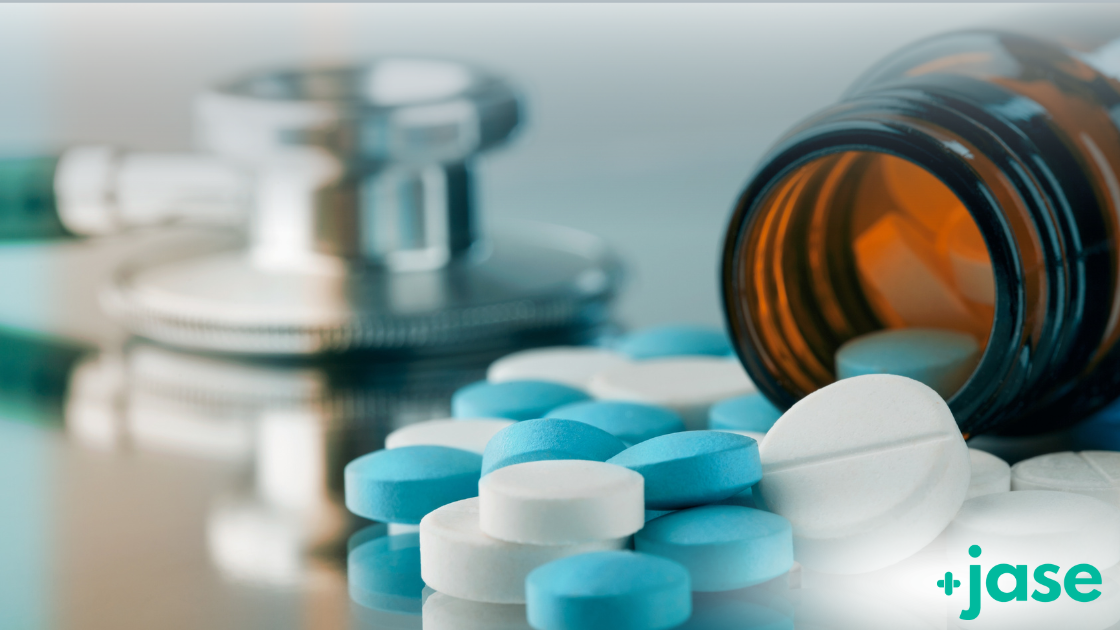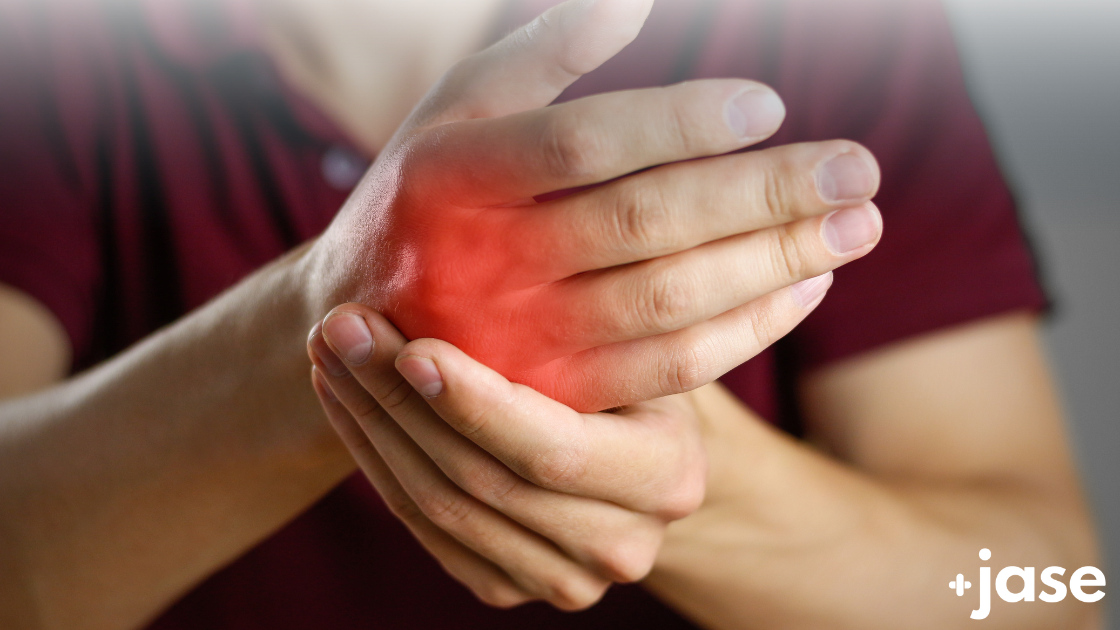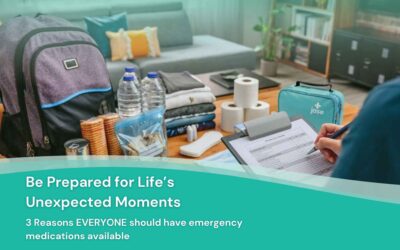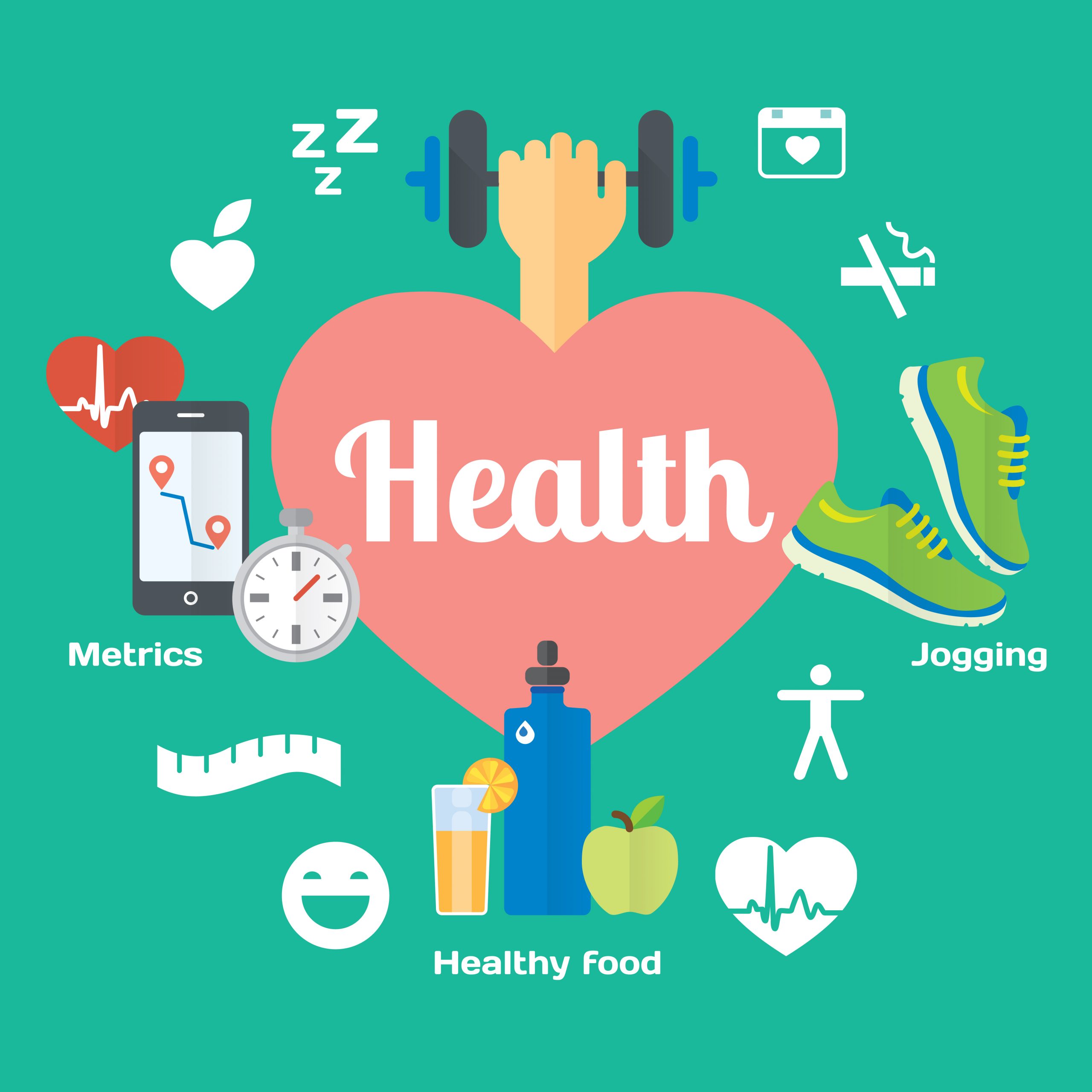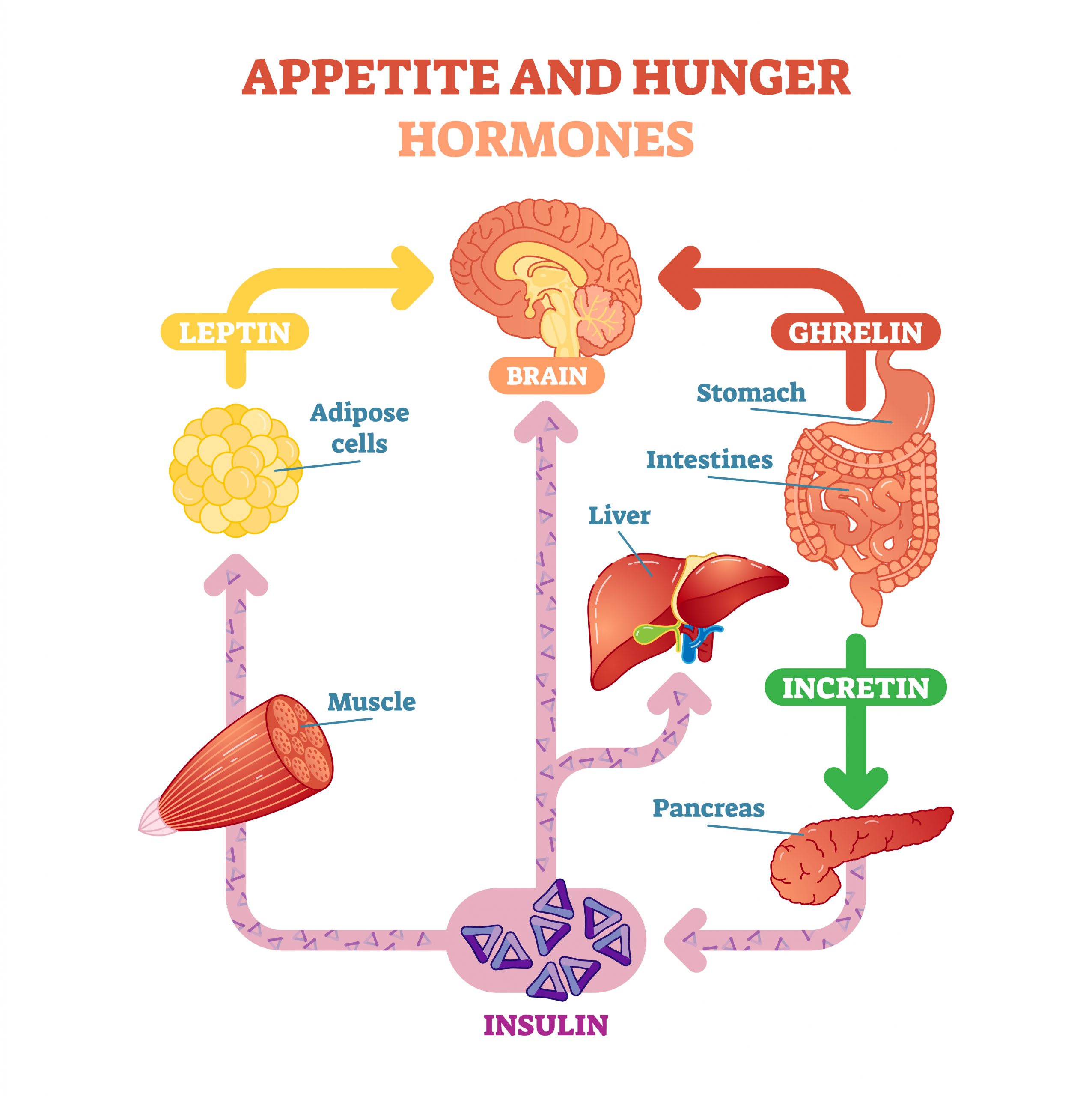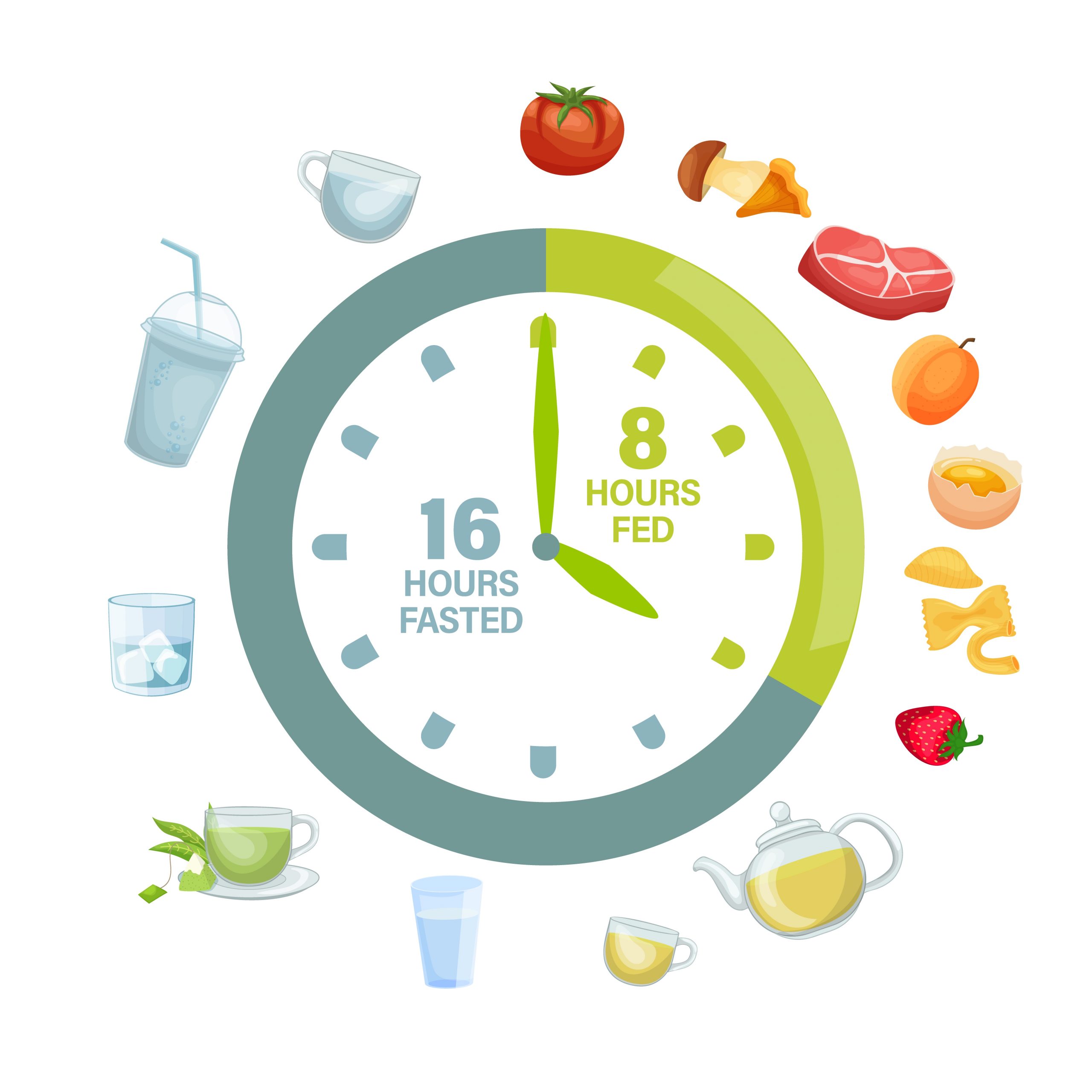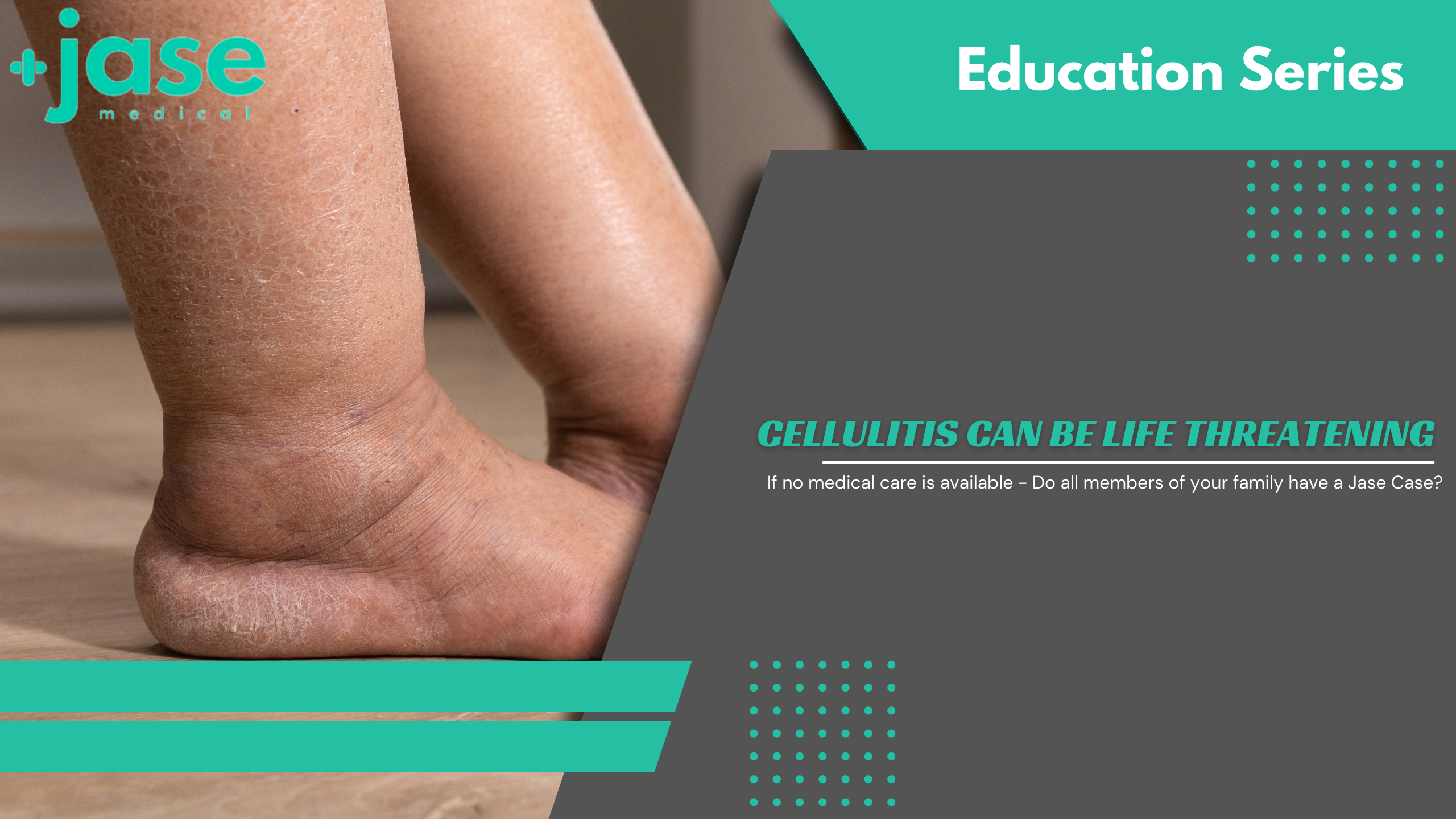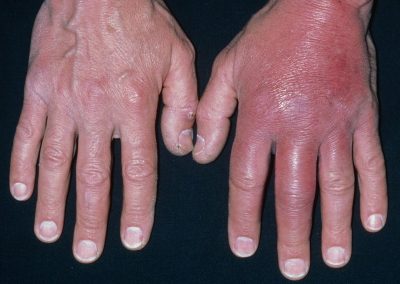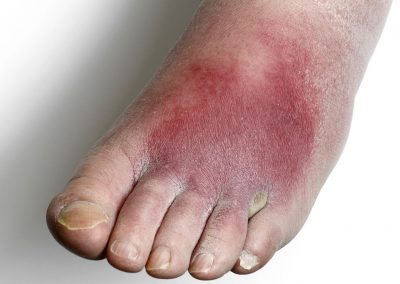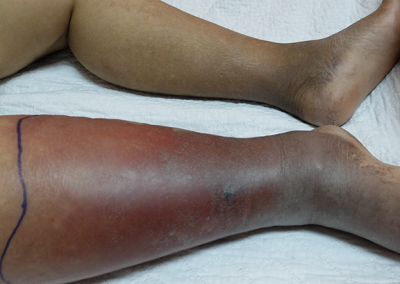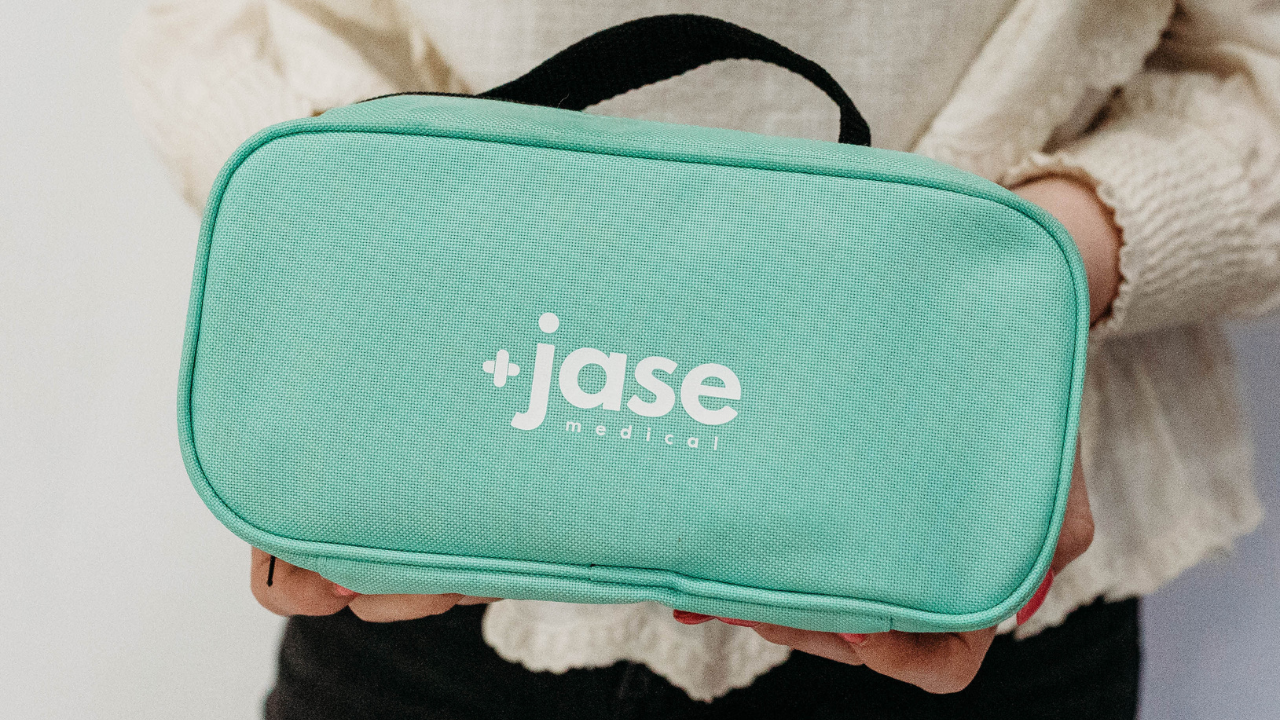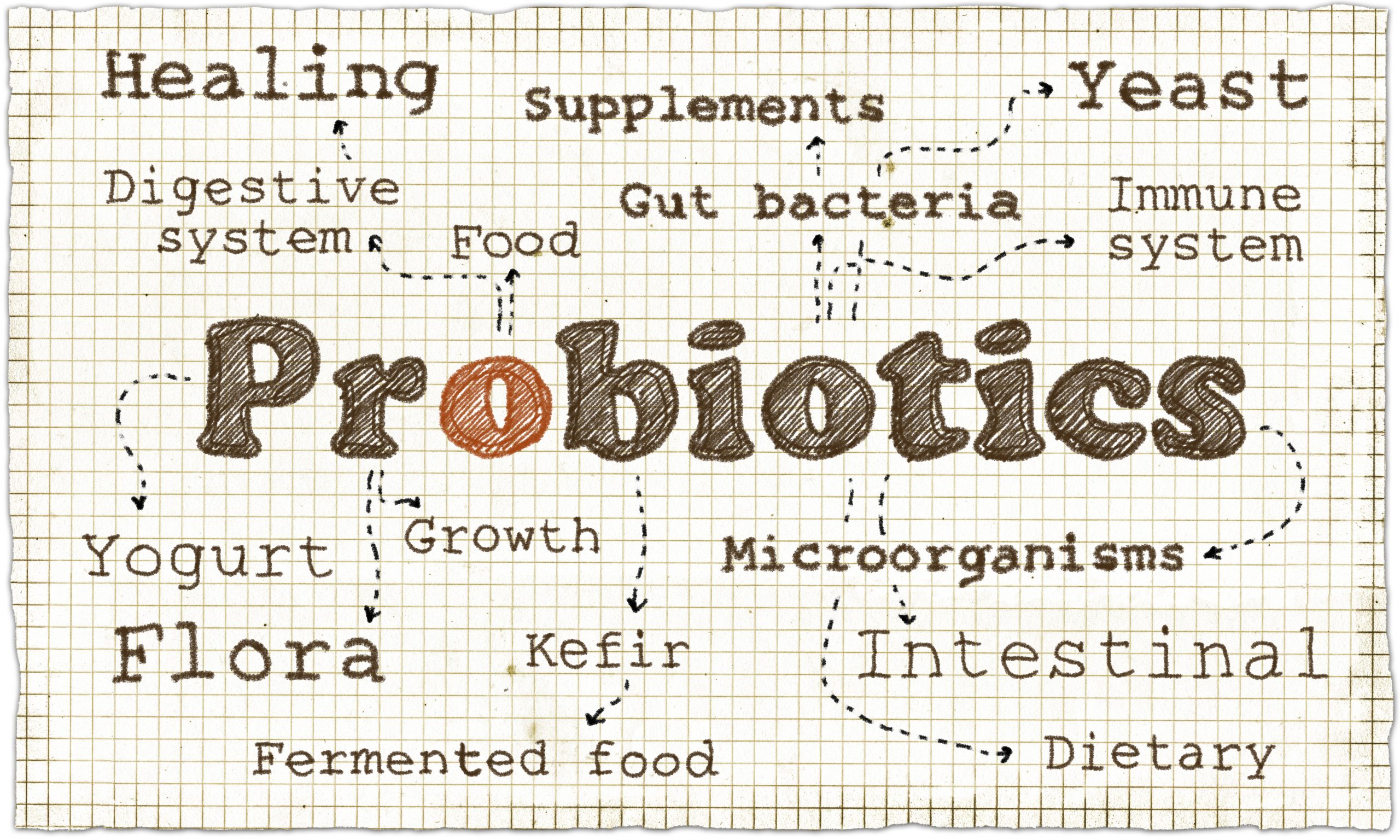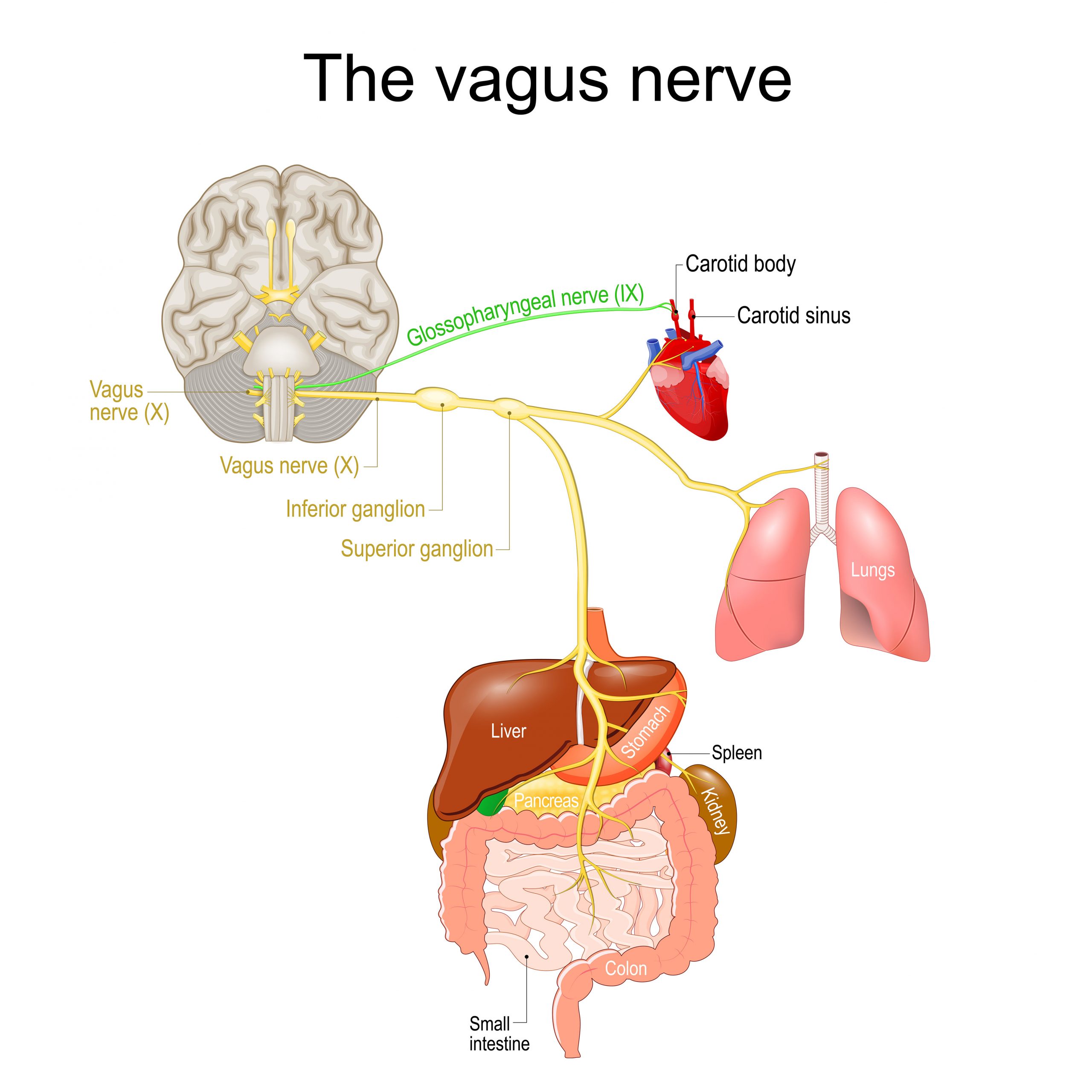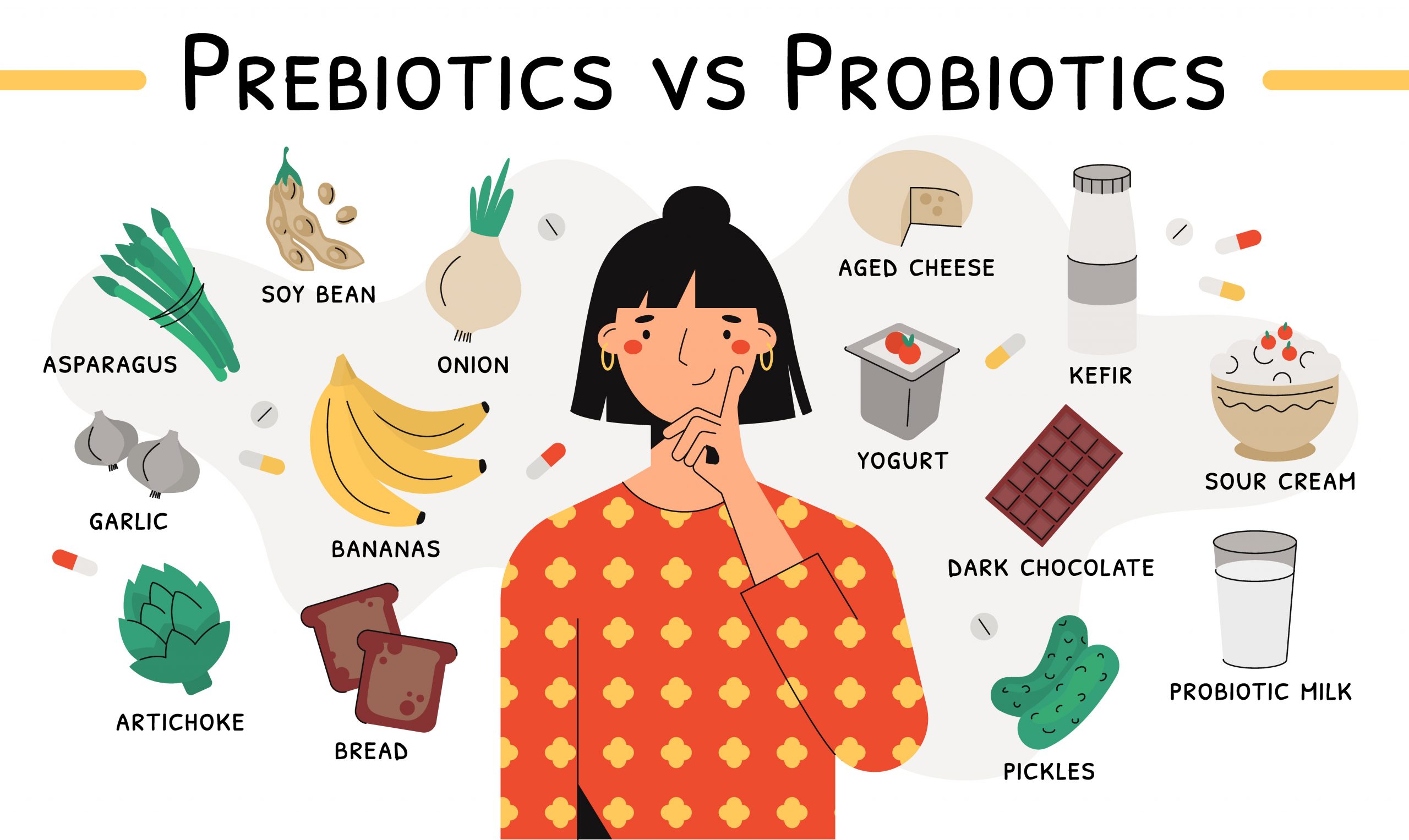When Disaster Strikes, It’s Not Hunger or Thirst That Takes the First Lives In every disaster zone, from hurricanes in the Caribbean to war zones in Ukraine, the pattern is the same. People worry about food and water, but it’s infection that kills first. A small wound...
Medication Spotlight: Dexamethasone
2.5 Million adults in the U.S. take corticosteroids (such as Dexamethasone)
What is Dexamethasone?
Dexamethasone is a corticosteroid medication widely used for its anti-inflammatory and immunosuppressant properties. It helps reduce inflammation and modify the body’s immune response, making it effective in treating a variety of conditions in both adults and children.
It’s wide array of applications make it a valuable medication to have on hand in your emergency kit at home, should the need arise.
USES:
- Inflammation
- Acute altitude sickness
- High-altitude cerebral edema
- Certain eye conditions (uveitis, conjunctivitis, keratitis)
- Severe allergies (by suppressing the immune system’s response to allergens)
- Rheumatoid arthritis
- Asthma
| 1.5 million people in the United States suffer from rheumatoid arthritis (RA), according to Yale Medicine |
Also, this medication is used in children to treat asthma, allergic reactions, some auto-immune disorders, croup, and pneumonia.
Things to consider:
- Dexamethasone was on the list of drug shortages from 2019 into 2023
- In its injectable form is is still in short supply as of June 2024
Safeguard against potential shortages by having your own personal supply on hand in your Jase Case.
Lifesaving Medications
Everyone should be empowered to care for themselves and their loved ones during the unexpected.
Recent Posts
Keeping you informed and safe.
Medical Readiness: What Really Kills First
Exploring Dr. William Makis’ Hybrid Orthomolecular Cancer Protocol: Focus on Ivermectin and Mebendazole/Fenbendazole
Exploring Dr. William Makis’ Hybrid Orthomolecular Cancer Protocol: Focus on Ivermectin and Mebendazole/Fenbendazole *Disclaimer: This article is for educational purposes and does not constitute medical advice. Always seek professional guidance.* In the evolving...
Be Prepared for Life’s Unexpected Moments
3 Reasons EVERYONE should have emergency medications avaiable. It's all about access—access to medications and care when you need it most. And when things happen outside of your control that access can disappear.Below are 3 examples of how easily this access can be...
Youth Preparedness: Teaching, Building, and Coping with Disasters
Educating and preparing your children ahead of time means fewer surprises in the event of an emergency.Growing Up Prepared: Empowering Youth in Disaster Preparedness As we observe National Preparedness Month, it's crucial to remember that disasters can strike at any...

